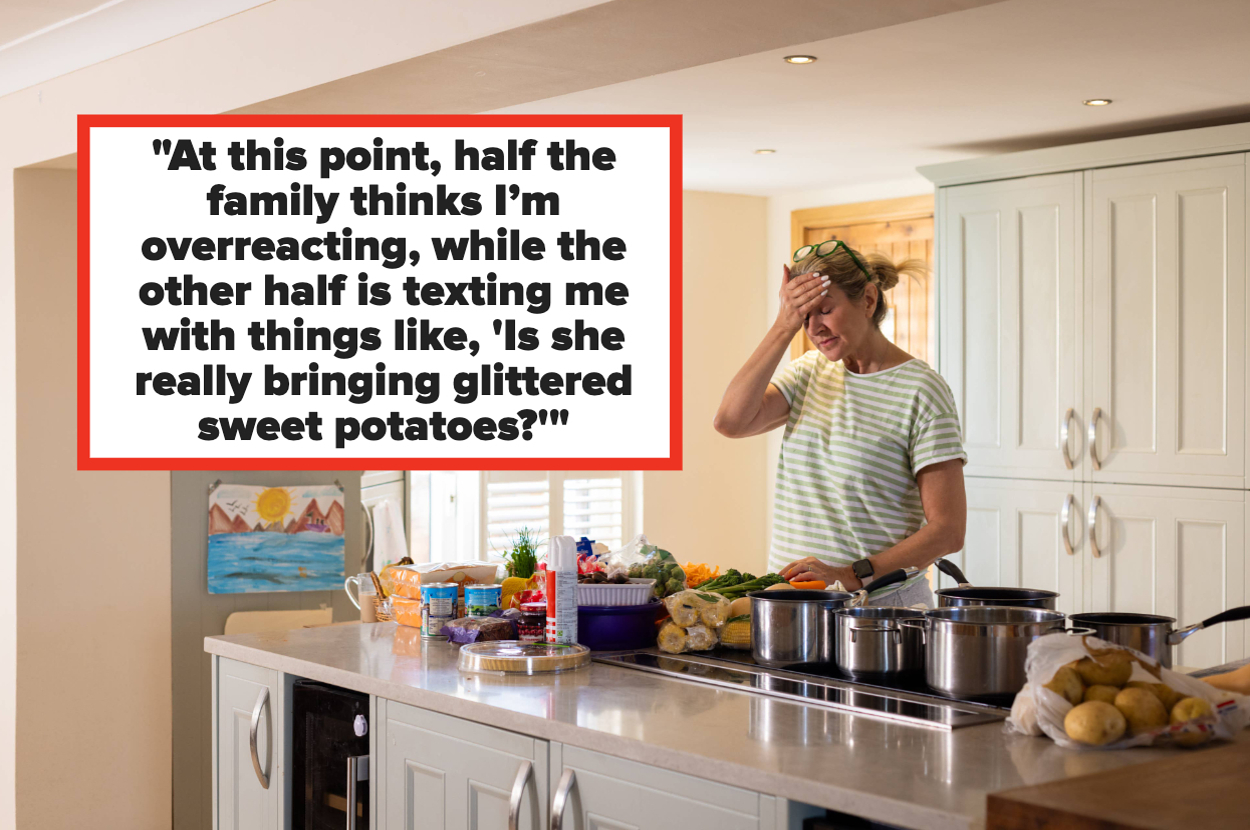Everyone knows wines improve with age. They're often allowed to mature in a barrel, but some wine lovers continue the aging process after the purchase to eke out a vintage's finer qualities. Like wine, certain beers taste better after a period of barrel aging, but can you age bottled beer at home? Sometimes.
When buying beer, it's important to know which types are worth aging and which are best fresh. LJ Whirley, certified cicerone and associate director of culinary arts at , gave us her wisdom on choosing the perfect beers to age. Whirley said a beer's ability to age well depends on the type of beer and its alcohol content.
A general rule of thumb is that darker beers fare better with aging, though there are exceptions to this rule. Malt-forward beers (such as a dunkel, ) tend to age nicely. A higher alcohol content means the liquid has more structure to it, making for a more productive aging process.
"The higher the alcohol content, the more 'stuff' there is to hold onto as the beer ages and the less likely it is to fall apart," Whirley told The Takeout. "I would say 8 to 9% alcohol content beers tend to age better." But Whirley wasn't impressed with all beers in this way.
"IPAs and hoppy beers never ever age well," she said. "Don't do it. The hops begin to break down rather quickly and impart a less than desirable taste into the beer.
" Whirley's go-to beers to age As beers age, their substance begins to weaken and the alcohol content will increase (if the beer is bottle-co.


















